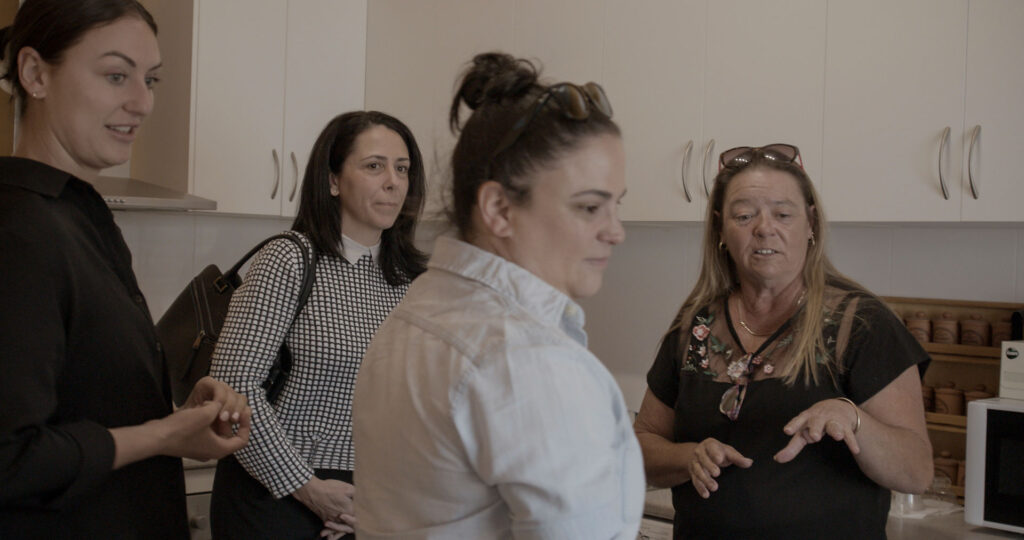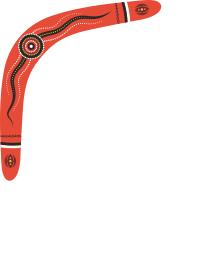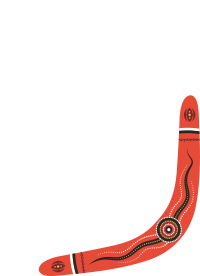As humans we are social creatures, and by getting out and about in the community our carer support workers are assisting clients to create the connections that form part of a fulfilling life.
It’s essential that people with disabilities, along with their families, are a part of the wider community. This is an important element in having a high quality of life, as well as achieving certain health outcomes.. Participation in the community builds connections and can support positive care outcomes for all clients. However, community access can be challenging for clients with disabilities and complex care needs.
Isolation is one of the leading causes of depression, so staying connected to the people around us is key to managing stress, increasing quality of life, and feeling part of something bigger. It creates a sense of purpose. Isolation can be a real risk when living with a disability, and that’s where our team comes in.
Getting out and involved in the local community is more complex when dealing with people with a disability – it requires planning to enable valuable and suitable involvement with social and recreational activities. But that doesn’t mean it’s impossible! Care1 can offer the support our clients need to increase valuable community participation, and it has so many incredible benefits for everyone involved.
Benefits of community participation
- Independence: When people with disabilities can move around the community and interact with others, they become more visible members of the wider community, playing an important role in the fabric of our society. Participation in groups, entry into the workforce, social interactions and successful personal task management gives people a sense of independence, which is key to delivering good client outcomes. Of course, the level of independence possible depends on the nature of the disability at hand – but there are so many ways to bring a sense of independence to a person’s life,
- Economic boost: Increased community participation from all kinds of people has a natural flow on effect for the economy. When people with disabilities are able to participate, the whole community benefits.
- Diversity: For too long, people with disabilities have been shielded from the public eye. With an increase in participation and visibility in shared spaces, there are more opportunities for diversity and greater inclusion. This is all part of educating the wider community about the value and role to be played by all members of our society.
Quality of life: With greater community participation, social interaction and a feeling of belonging and contributing, the quality of life for a person living with disability can be greatly improved.
What community access services does Care1 offer?
At Care1 we are so passionate about our Community Participation programs, because we see first hand how impactful they can be to individuals. Watch the story of Janice and the wonderful experiences she has getting out and about, despite her severe acquired brain injury.
Involvement in the community can be as simple as accomplishing daily tasks like banking, shopping, a doctor’s appointment or even a training session. Or it can be an ongoing involvement with local sporting clubs, visits to the library or movies, or daily excursions to favourite places. Whatever fits with personal goals and the available funding, our team can make it happen.
Care1 support workers can:
- Assist with attending and taking part in social activities and events
- Help find and enable participation in local community activities
- Plan social support in the home setting
- Offer support building and sustaining important relationships
- Provide access to transportation and the community services that are needed.
Tips for Home Carers
Not everyone has external care support. So how can in-home carers support their loved ones to play a more active role in the community?
- Encourage: Get started by having conversations with your loved one to understand how they would like to get involved. It might be as simple as a daily trip to the coffee shop, or perhaps they want to join a local club. But the first step is asking the question and guiding with some gentle encouragement, as it may take a while to get them enthused about the idea of leaving the home.
- Listen: Make a list, really listen to what they have to say. Being heard, having goals understood and acknowledged is so powerful – especially for people who are in a vulnerable position.
- Research: Now you have a list, work through the ideas to see what might be possible. What resources are needed? Is there funding available? Include your loved one along the way and build the excitement for what is to come. They will also feel empowered about making healthy and powerful decisions for themselves.
- Accompany: Get out and about and embrace the local community and all its healing qualities.
As humans we crave the company of others. Being an active member of your community has so many health and wellbeing benefits for people living with disability. We invite you to find out more today.


